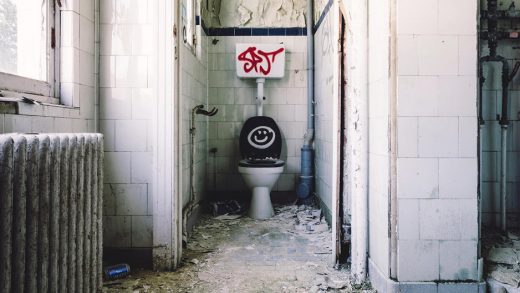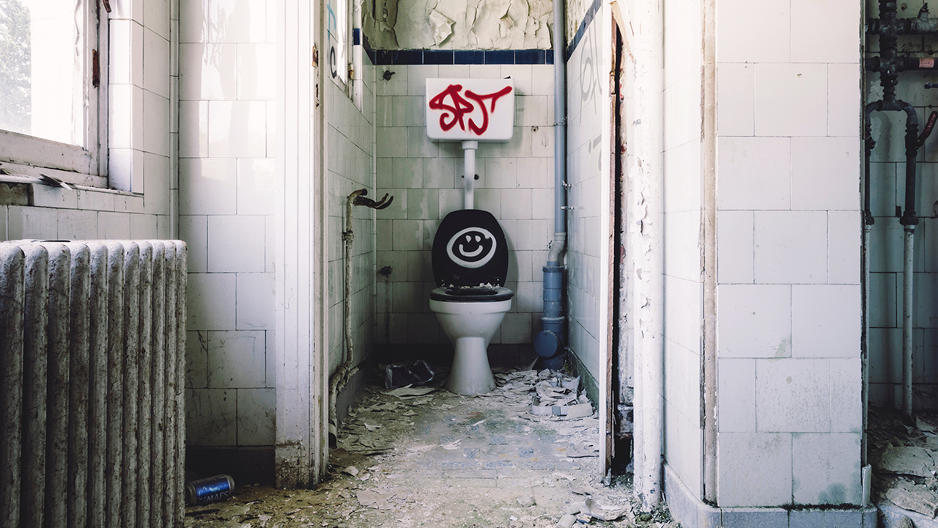German Cities Are Solving The Age-Old Public Toilet Problem
The Germans have figured out a cheap way to provide the public with bathrooms. Instead of building out a network of public toilets, which is slow and expensive, city governments are paying local businesses to open up their restrooms to the public.
The program, called Nette Toilette or Nice Toilet, is active in 210 cities and has been running since 2000. Cities pay from $34 to $112 per month to a business, and it puts a sticker in its window to tell people that they can come in and pee for free. It’s a great alternative to the usual solution, which is to skulk, pretending you’re a customer in a bar or cafe, and try to sneak into the bathroom when the staff isn’t looking.
Many German businesses already charge non-clients a 50-cent fee to use the bathroom, but with Nette Toilette, people’s taxes pay instead.
According to CityLab, participating cities have saved big money compared to operating their own networks. Bremen, a city with a population of over half a million people, reckons it saves $1 million per year by using the network, which costs it $168,000 per year. So successful is the scheme that it has given Bremen the best ratio of public toilets to citizens in Germany. Incredibly, the city says that every visit to one of its regular, all-automatic public WCs costs the city almost $6.
Nette Toilettes are about to open in Munich, which will be the scheme’s biggest city to date. Berlin, the country’s capital, is not yet taking part—a look at the map shows just 11 venues, none of which is any where near the city center.
The idea is ingeniously pragmatic, which is to say, it’s very German. Instead of worrying whether city governments should be responsible for their own infrastructure, this sidesteps the issue in a fast, practical way. It works in Germany, because here people follow the rules and expect others to do so too. If a venue took the cash and didn’t display its sticker, for example, the public would soon report it to the city. One wonders if it would work as well elsewhere.
Fast Company , Read Full Story
(58)














